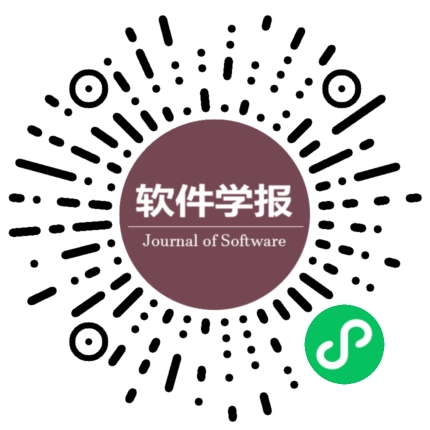区块链测试基准综述
CSTR:
作者:
作者单位:
作者简介:
通讯作者:
中图分类号:
基金项目:
国家重点研发计划(2022YFB2702102)
Survey on Blockchain Benchmarks
Author:
Affiliation:
Fund Project:
引用本文
张孝,秦春玲,王文收,刘昊,陈晋川,杜小勇.区块链测试基准综述.软件学报,2025,36(7):3151-3183
复制相关视频
分享
文章指标
- 点击次数:
- 下载次数:
- HTML阅读次数:
历史
- 收稿日期:2024-06-18
- 最后修改日期:2024-09-17
- 录用日期:
- 在线发布日期: 2025-04-25
- 出版日期: 2025-07-06
文章二维码

您是第位访问者
版权所有:中国科学院软件研究所 京ICP备05046678号-3
地址:北京市海淀区中关村南四街4号,邮政编码:100190
电话:010-62562563 传真:010-62562533 Email:jos@iscas.ac.cn
技术支持:北京勤云科技发展有限公司
版权所有:中国科学院软件研究所 京ICP备05046678号-3
地址:北京市海淀区中关村南四街4号,邮政编码:100190
电话:010-62562563 传真:010-62562533 Email:jos@iscas.ac.cn
技术支持:北京勤云科技发展有限公司



